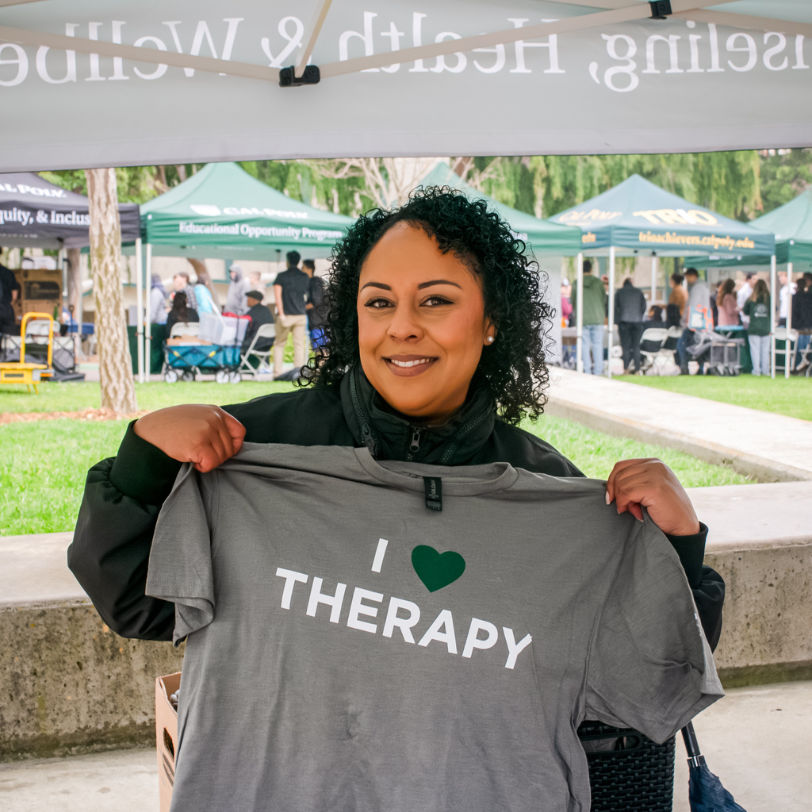What To Do If -Safety Planning

What Is a Safety Plan?
A safety plan is a set of steps you can take to stay safe in a given situation. Different safety plans can be created depending on if you are in a relationship with the person harassing or abusing you, if you have already left the relationship, or if they are a stranger. These tips can also be used if you are a victim of stalking. Each person’s situation is unique, and safety plans look different for everyone.
Contact a Campus Advocate at Safer to help you create a safety plan.
For after-hours support, contact RISE or Stand Strong.
You can also complete a digital safety plan here.
Safety planning tips if you are in an abusive relationship or preparing to leave:
Leaving the relationship is difficult, so it is important that you are making decisions that make you feel the most safe in the moment:
- Think of a safe place to go if an argument occurs. Avoid rooms with no exits (i.e. bathroom with small or no windows) or rooms with weapons (i.e. kitchen with sharp knives). If you feel unsafe on campus, go to public areas, like dining halls or the University Union.
- Make a list of people to contact if violence occurs, or if it's looking like violence will occur soon.
- Keep clothing and important personal belongings at the house of someone you trust.
- Make an extra key to the car and the house; leave them in a secure, secret place.
- Save money to use for an emergency escape.
- Keep or memorize a list of emergency phone numbers.
- Establish a “code word” or “sign” so that family, friends, teachers, or co-workers know when to call for help.
- Gather important paperwork (this may include things like social security cards, birth certificates, marriage license, leases or deeds in both you or your partners names, checkbook and charge cards, bank statements and charge account statements, insurance policies, proof of income for you or your partner such as pay stubs or W-2’s, any documentation of past incidents of abuse including photos, police reports, medical records, etc).
- Plan for pets. Can they stay with a friend or family member?
Safety planning tips if you have already left the relationship:
- Screen your calls.
- Save and document all contacts, messages, inquiries or other incidents involving your ex-partner.
- Change locks if the ex-partner has a key.
- Avoid staying alone.
- Plan how to get away if confronted by your ex-partner. If there are places on campus where you often run into your ex-partner, try and avoid these places and think of safe routes to all of your classes.
- If there are places on campus where you must go and you think your ex-partner may be, make sure a friend can go with you.
- If you have to meet your ex-partner, do so in a public place, like dining halls or the University Union
- Vary your routine. Know the safest ways for you to leave your dorm, house, or class in the case of an emergency.
- Notify school and work contacts. Contact your professors or Resident Advisors, if you need help staying safe on campus. Contact Safer to get more help on arranging your schedule, transferring dorms, and other security accommodations you may need - like escort services, or courtesy check-ins.
- Ask about your court records and data. Have the court restrict access to forms that might have your address or personal information on them.
- Get a P.O. Box and do not give out your real address
Remember, you have the right to live without fear and violence.



